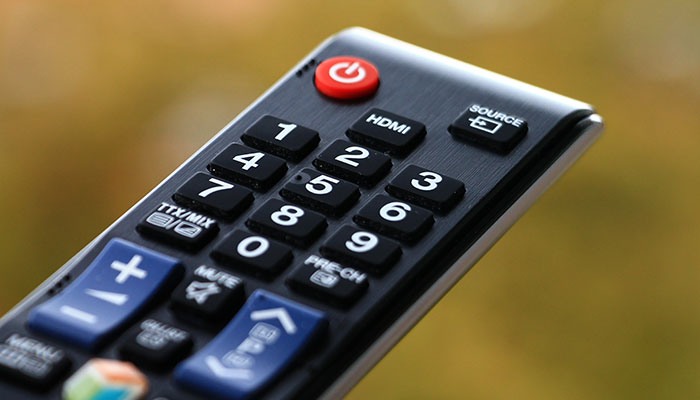- Posted by:
- Category: Blog

Is your loved one having trouble hearing the television? Closed captioning isn’t helping enough? Check out these possible solutions.
Better sound from the TV. Check the TV for special audio settings that enhance dialogue and reduce background noise. Or purchase a “soundbar” to plug in to the TV. These improve audio volume and crispness.
Place an amplifier beside your relative. This simple box-like device takes in nearby sound and sends it through a cord to headphones your loved one wears.
Wireless headphones. Wireless headphones typically have two parts: A small broadcasting unit plugged into the TV, and the headphones themselves. Most headphones have deep ear cups that also block out room noise. Consider these issues when shopping:
- Frequency adjustments. If testing reveals that your relative hears best at higher (or lower) frequencies, look for a model that allows for specific adjustments.
- Type of connection. This is how the broadcast connects with the headphones. An optical connection requires staying within the line of sight of the broadcast box. No walking to the kitchen to get a snack. Bluetooth and RF technology eliminate this problem. Your loved one can roam and still hear the show.
- Latency issues. Is there a lag between the lips moving and when the audio gets to the headphones? Bluetooth technology used to have this problem. Newer models appear to have resolved it.
- Charging the battery. Headphones require electricity. Find out how long the unit’s battery lasts. Or consider headphones that are set on a dock when not in use, as these recharge automatically.
Connecting to existing hearing aids. If your relative has hearing aids that are Bluetooth-enabled, you can direct a TV’s Bluetooth signal to the hearing aids. Some TVs have a Bluetooth signal built in. For others you may need to add an accessory. If your loved one has older model hearing aids with a telecoil setting, a loop system can wirelessly connect TV audio output to a neckband (loop) they wear.
Is your family dealing with TV volume wars?
Some TV viewers want the volume very loud, others not so much. As the Inland Empire experts in family caregiving, we at Parent Care Management Services recognize this as a likely sign of hearing loss that should be addressed. Beyond the issue of the television, hearing loss is significantly associated with an increased chance of developing dementia. You may or may not encounter resistance about hearing problems from your relative. Let us help. Give us a call at (909) 864-2085.

